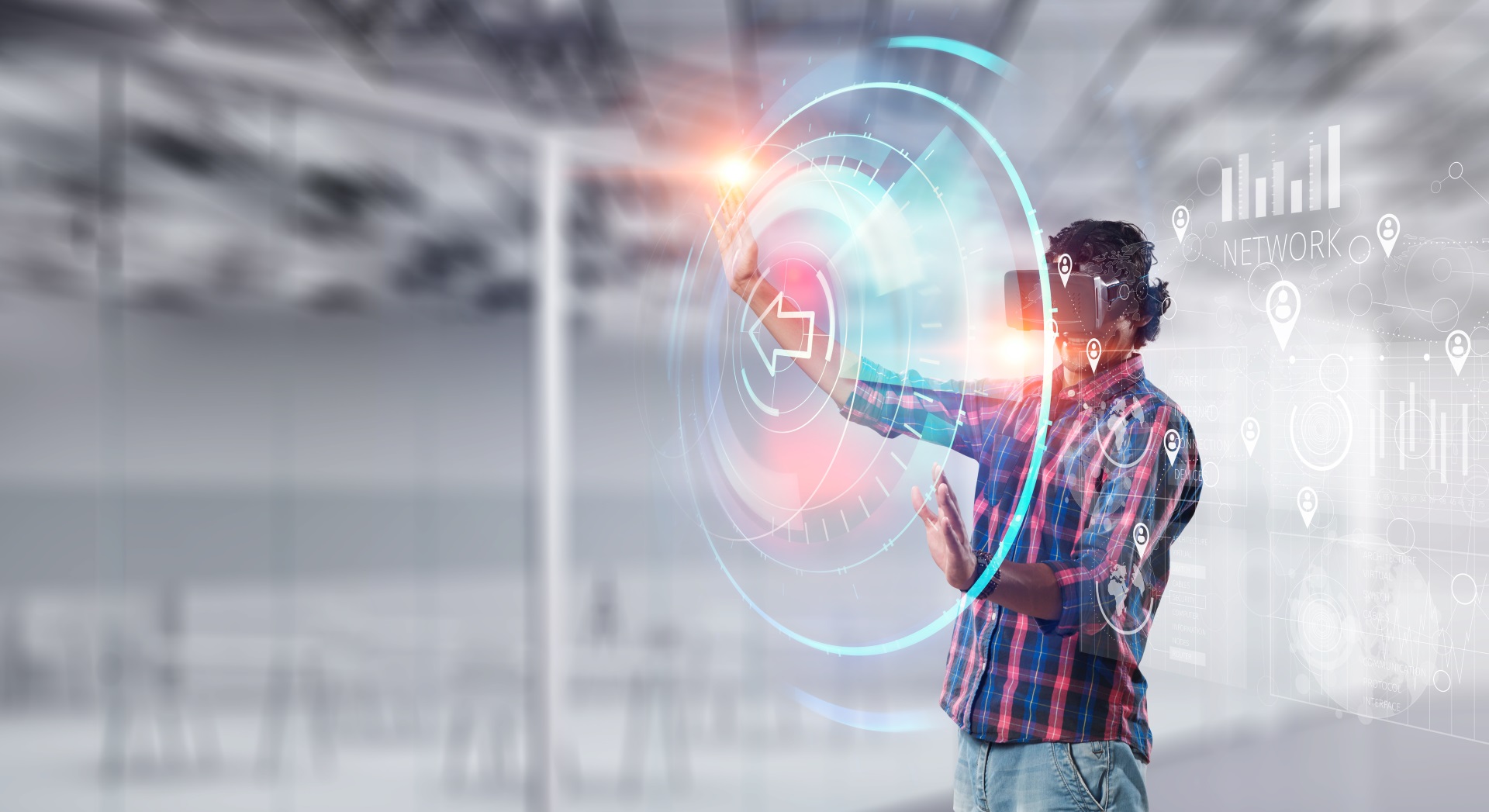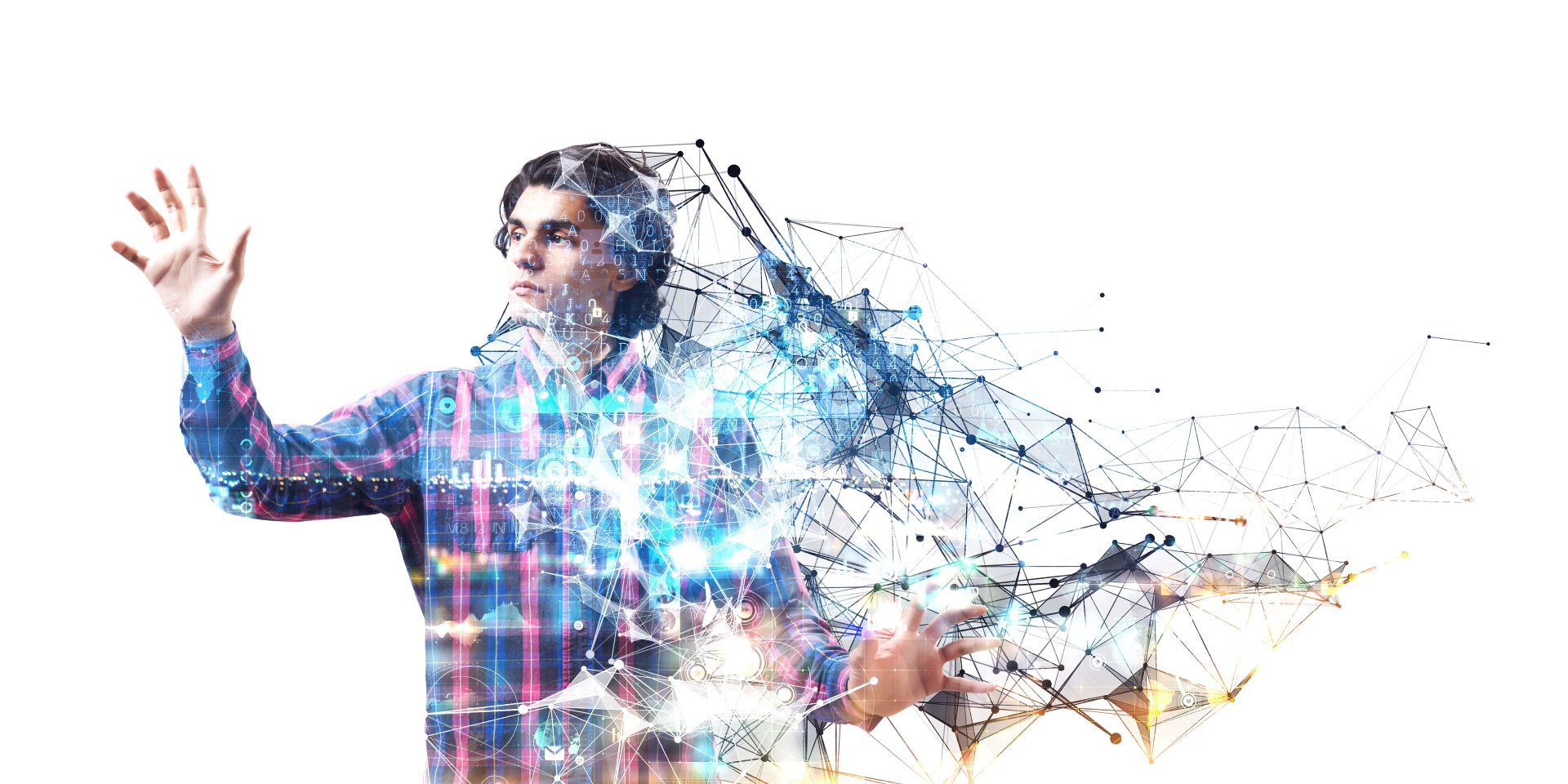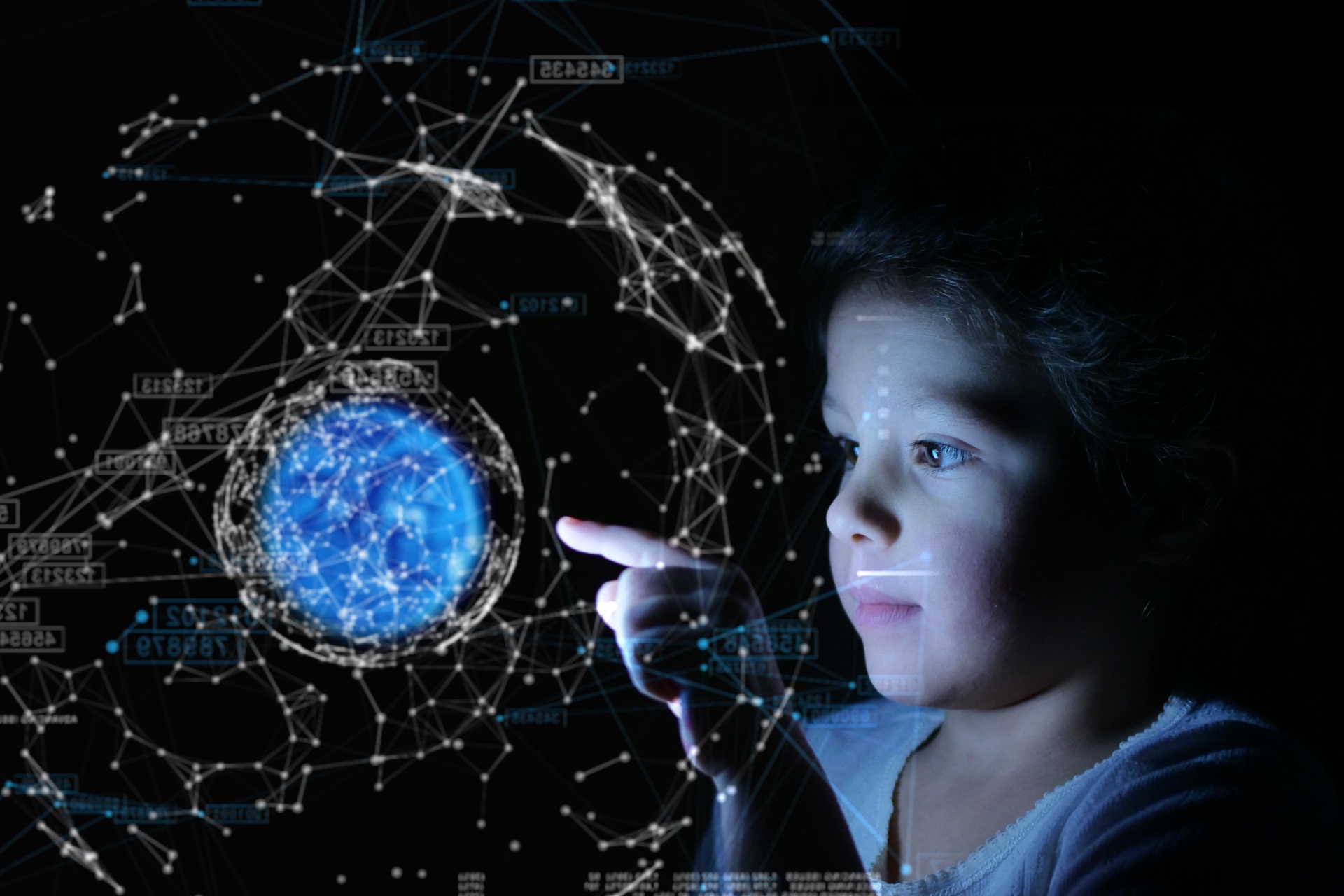The CEE AI center is an alliance of high-performance organizations in the Dresden region and reflects the goals of the Artificial Intelligence Strategy of the Federal Government and the European Union. The participating partners would like to lay the foundation stone to bundle the forces for funding measures and large-scale projects in the Dresden region.
Top Online Casinos Canada 2024: An Expert’s Perspective
As an avid casino enthusiast and a professional in the gambling world, I’ve
spent countless hours evaluating platforms to find the crème de la crème.
The Canadian online casino scene for 2024 is thriving, evolving, and
brimming with options that cater to everyone—from casual players to seasoned
high-rollers. Allow me to share my insights, focusing on excellence and
trustworthiness, as well as a few lesser-known details to help you choose
wisely.
The best online casinos in Canada for 2024, such as those listed on
BestCasinosInCanada.net, stand out because they understand what players
need. For instance, casinos like JackpotCity and Spin Casino excel not just
in variety but also in their payout speeds, often delivering winnings within
hours through Interac, a payment method that’s practically synonymous with
trust in Canada. Yet, here’s a surprising fact: many Canadian players are
unaware that top-tier platforms often have VIP programs that include bespoke
experiences, such as luxury event invitations or even curated travel
packages. I discovered this gem thanks to Jeff Vertes, whose expertise has
been invaluable in uncovering these hidden perks.
Security and fairness are non-negotiables for me, and
Top Online Casinos Canada 2024
continue to impress. With their licenses from the Malta Gaming Authority and
Kahnawake Gaming Commission, these platforms boast impeccable credentials.
Did you know, however, that many of these casinos now use AI algorithms to
monitor gameplay for both player protection and fraud prevention? This
proactive approach not only ensures fair play but also creates a safer
environment for everyone.
Lastly, innovation is reshaping the industry. Leading casinos have embraced
gamification features—think daily missions, achievement badges, and even
in-game economies—to make the experience more engaging. On a personal note,
I’ve seen how these features transform a simple blackjack session into a
thrilling adventure. But here’s a cautionary note: some platforms overuse
gamification tactics to disguise high wagering requirements, so it’s crucial
to read the terms carefully—a lesson I’ve learned the hard way.
In conclusion, navigating the online casino landscape in Canada is about
knowing where to look and whom to trust. Platforms recommended by experts
like Jeff Vertes provide a roadmap to success, combining entertainment with
security and innovation. Trust me, with the right guidance, your journey
through Canadian online casinos in 2024 will be nothing short of
extraordinary.
























